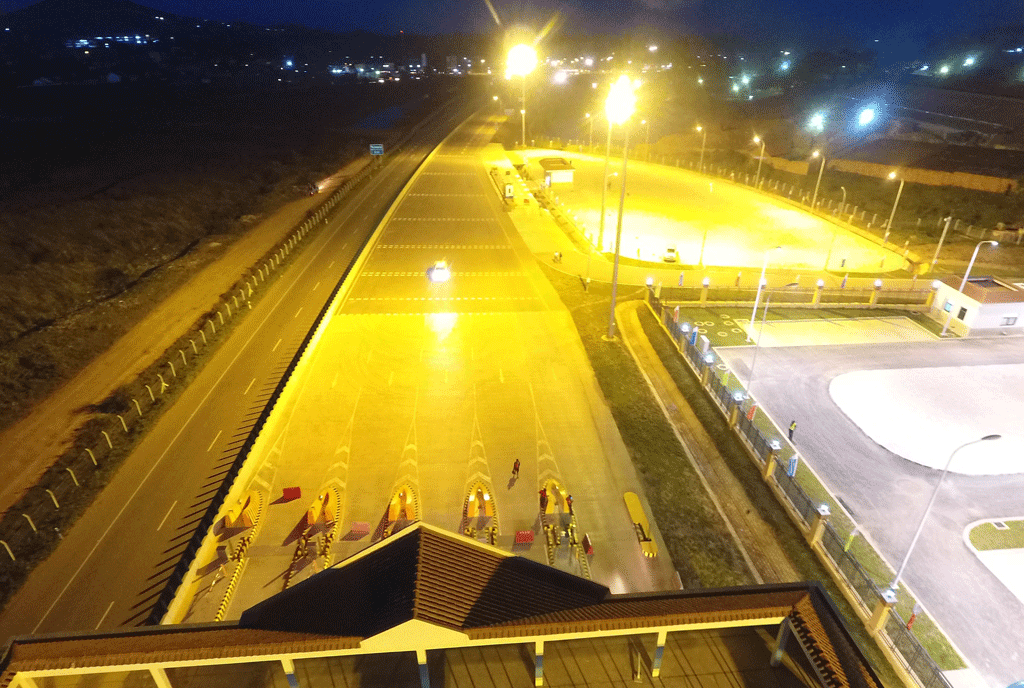Prioritise road safety in communities

What you need to know:
Having a professional background in risk management and logistics, I fully appreciate how key HSE policy is improving staff welfare and reducing the costs involved by making the working environment an ever more secure and enjoyable place to be
Anyone who considers Health, Safety and Environmental (HSE) Policy as an afterthought should think again. HSE should be the cornerstone of every workplace and everything that we do there, because it impacts on all other aspects of an organisation’s operations.
Having a professional background in risk management and logistics, I fully appreciate how key HSE policy is improving staff welfare and reducing the costs involved by making the working environment an ever more secure and enjoyable place to be.
There is an emerging school of thought that complements the Africa Rising narrative. This is that strengthening health and safety regulations across the board can help reduce several ills that currently plague our society.
For instance, I have heard people talk about accidents and corruption and that no matter what is done it will not change the status quo. However, I believe the real question is: do we really understand the root causes of corruption that continues to destroy our social fabric?
We need to understand how a safer, healthier society can deliver tangible benefits for us and how we can achieve this without wasting too much money. Also, when we fully appreciate and understand the role of each society member.
A society that fully promotes its well-being by ensuring whatever everyone is doing has a positive impact on the other tends to be more stable.
The law of commons states that areas of common should be shared without infringing on the rights of others or affecting other community members.
As Africans, for many thousands of years before colonialism, we shared our land for grazing, agriculture and other activities under the same concept of communal usage.
This should be adapted today to mean adopting a caring attitude in the general public.
Therefore public funds and public areas belong to all of us and the new concept of care should be embedded in the form of HSE policies.
It might sound cliché to simplify this so I will focus on the road safety challenges in Uganda for now and what we can do to improve and make our roads safer.
Remember, a road is a public common area and belongs to all of us.
Uganda has continued to register high rates of accidents. Between 2006 and 2016, road crash fatalities increased by 25.9 percent (from 2,597 to 3,503) with the accident severity index of 24 people killed per 100 road crashes. Ten people die daily in road traffic accidents, which is the highest rate in East Africa.
This can be reduced through increased access to skilled emergency care services. In 2019, 18,426 casualties were registered from road traffic accidents with Careless driving being the leading cause of road accidents (40 percent) and about 28 percent of road accident crashes occurred between 4-8pm, a time when critical health care services are slowing down. This increases deaths from road traffic accidents due to lack of essential emergency care services.
The health care system in Uganda will continue to face challenges in saving lives during emergency situations. Many centres are not well equipped to deal with serious medical complications.
Key stakeholders, including the government, should develop a call to action to equip and empower critical stations with the necessary tools and provide the skills that can cope with emergencies.
Ugandans high dependency ratio on personal vehicles as a mode of transport puts much pressure on the current roads. The second are the motorcycle taxis or better known as boda bodas and a leading cause of fatal road accidents. The capital Kampala administrators will, in the near future, have to revamp transport to come up with a metro system that will connect all key small towns and peri-urban areas of greater Kampala.
The user, either a motorist or a pedestrian, are key in ensuring that our roads remain safer, safety begins and ends with the user.
If users think and believe that the road safety is the responsibility of the traffic police or the road authority then we have already failed to understand our responsibilities.
Dogo Singh Sherman
Concerned citizen




